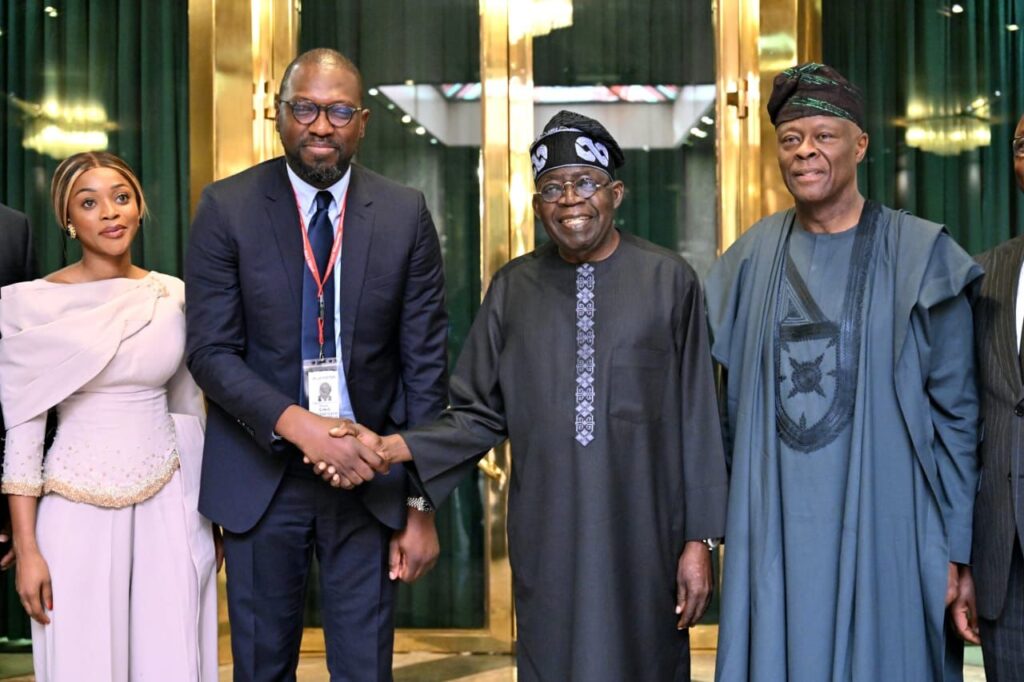Kenya’s decision to host an event for a political coalition aligned with the paramilitary Rapid Support Forces (RSF), the group battling the Sudanese army for control of the country. The event, held in Nairobi on Tuesday, was a preliminary step towards forming a new political alliance comprising political forces and armed groups supporting the RSF. A political charter is expected to be signed in three days, followed by constitutional arrangements and the formation of a government in RSF-controlled areas.
The event contradicted Kenya’s commitments at the highest level not to allow hostile activities against Sudan on its territory and constituted a declaration of hostility against the Sudanese people.
Sudan has accused Kenya of encouraging the division of African countries, violating their sovereignty, and interfering in their affairs, contravening the UN Charter, the African Union Constitutive Act, and international norms. Sudan noted that the event’s stated goal is to establish a parallel government in a part of Sudanese territory.
Sudanese Foreign Minister Ali Youssif said on January 26 that Kenya’s position on Sudan had changed. Following a meeting with Kenyan President William Ruto in Nairobi, Youssif said Ruto pledged not to recognize any government the RSF intends to announce in areas under its control.
Sudan expressed its regret that the Kenyan government had reneged on its obligations under international law, the UN Charter, and the Genocide Convention by allowing the gathering, which involved the RSF, which it holds responsible for ongoing genocide.
“Hosting RSF leaders and allowing them to conduct open political and propaganda activities at a time when they are committing genocide and massacres against civilians on ethnic grounds is an encouragement and participation in the continuation of these atrocities,” the ministry said.
It stressed that the event in Nairobi would have no impact on the ground, citing the army’s determination, joint forces from armed movements, and supporting forces to liberate every inch of territory controlled by the RSF.
Sudan called on the international community to condemn the Kenyan government’s actions, adding that it would take steps to rectify the situation.
Sudan is no stranger to civil war, but the latest outbreak of violence is a disappointing step back from recent advances in democratic progress. After numerous attempts at a cease-fire failed, the country seems headed for another protracted conflict over numerous deep-seated issues—including human rights violations, marginalization of minority groups, concentration of power and wealth in Khartoum, the expanding political and economic role of the army and paramilitary groups, and pervasive poverty and underdevelopment.
Sudan is at imminent risk of collapsing after two years of violent conflict and is on the verge of mass famine with its food supply decimated and young children now starving to death in its cities, villages, and displacement camps, There is a threat of disintegration in Sudan. It will be difficult to stop Sudan from disintegration because of the attitude of foreign actors inside Sudan. United Arab Emirates, Saudi Arabia and Egypt have been accused of taking sides in the on-going conflict in Sudan.
The power struggle between the Sudanese Armed Forces (SAF) and the Rapid Support Forces (RSF) erupted into a large-scale conflict in April 2023 and has been driving humanitarian needs in the country ever since. Now, a year since the fighting first broke out, the conflict has directly killed at least 14,700 people, and injured almost 30,000 more.
Before the conflict, Sudan was already experiencing a severe humanitarian crisis. Long-term political instability and economic pressures meant that 15.8 million people were in need of humanitarian aid. The conflict has only exacerbated these conditions, leaving almost 25 million people — more than half of Sudan’s population — in need. Over 8 million people have been forced to flee their homes since last April, making Sudan the world’s largest displacement crisis.
The war that broke out on April 15, 2023 between the Sudanese Armed Forces led by General Abdel Fattah Abdelrahman Al-Burhane and the Rapid Support Forces of General Mohammed Hamdan Daglo, aka “Hemetti,” soon spilled over into Darfur, where the latter comes from.
It is Arab militiamen, the Janjaweed, who form the bulk of the RSF troops and who in the 2000s, under the command of General Daglo, carried out a scorched earth policy in Darfur, pillaging, raping and killing members of non-Arab ethnic groups on behalf of deposed dictator Omar al-Bashir.
Sudan lies between two conflict zones that cut across Africa with ramifications extending from the Atlantic oceans in the west of the Indian Ocean into the east.
Political analysts say the threat of conflict in this region to global peace is a matter of prime concern to everyone and should not be underestimated. Arresting the current conflict in Sudan will avert inflammation of other wars that could provide a breeding ground for many terrorism groups.




 1 day ago
29
1 day ago
29








 English (US) ·
English (US) ·